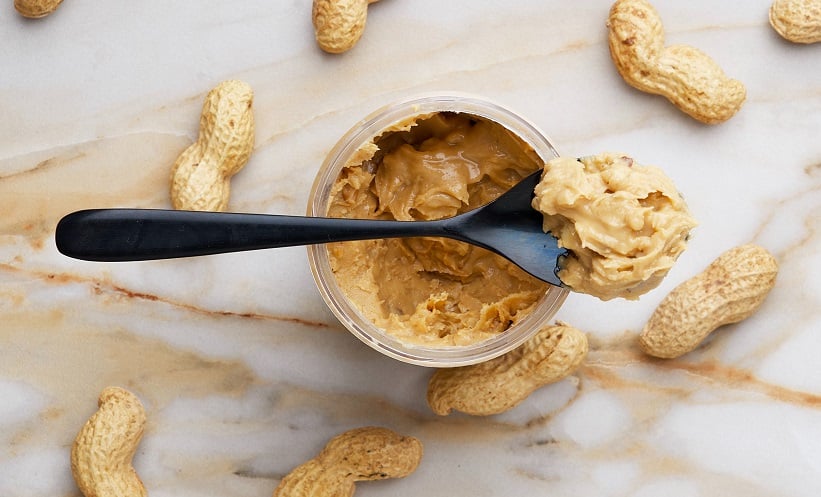TOLERATING an average dose of 500 mg peanut protein, participants of a study on treating peanut allergy achieved maintenance, and most reactions to treatment were self-resolved. Sandra J. Hong, Food Allergy Center of Excellence, Cleveland Clinic, Ohio, USA, described the therapy their institution has been providing. “The younger we treated them, the better the outcomes,” said Hong This research examined patients aged younger than 12 months, and found they were able to tolerate this process more effectively than patients aged older than 4 years old.
The investigation involved 22 patients (68% males, and 68% White), with a mean age of 9.2 months at the beginning therapy. Doses began with 18 mg of peanut protein, increasing every 2 weeks until reaching a maintenance dose of at least 500 mg. All 22 patients achieved this maintenance dose, and 6 (27%) experienced no reactions. Hong clarified: “This is particularly significant because now they do not need to worry about accidental exposure.” Hong continued: “They do not need to worry about peanut oil or ‘may contain peanut’, since they are eating significantly more than that daily in their doses.” A total of 13 (57%) reacted during up-dosing, and eight (36%) reacted at home during the buildup phase, while four (18%) reacted at home during the maintenance phase. The researchers advised that these reactions self-resolved in most of the patients.
One patient did require epinephrine due to emesis and coughing during up-dosing in the office, but this participant had a concurrent infection that the researchers believe augmented the reaction, and the patient tolerated subsequent up-dosing. Another patient discontinued oral immunotherapy after reaching maintenance, due to family preference and issues with dosing logistics, but no patients stopped due to adverse reactions. After 6 months of maintenance immunotherapy, the research team measured peanut specific IgE for 14 patients, all presenting with totals of 2 kU/L or less. Of these 14, 11 took part in oral food challenges, 10 (91%) of which had negative challenges, including tolerance to cumulative doses of 2,000 mg in children younger than 24 months, and 4,000 mg in children older than 24 months. The remaining participant experienced an indeterminant challenge with mild cutaneous symptoms appearing 2 hours after the final oral food dose.
Based on their findings, the researchers concluded that this oral immunotherapy can safely desensitise children under a year old to peanuts, and doctors are encouraged to engage in allergy prevention practices. Hong advised: “Doctors can help prevent food allergies by introducing peanut into the diet of babies at high-risk of food allergies after they have started successfully eating at 4–6 months of age.” Long term study is underway to determine who else may qualify for oral food challenges, and to track longitudinal data in this cohort.






